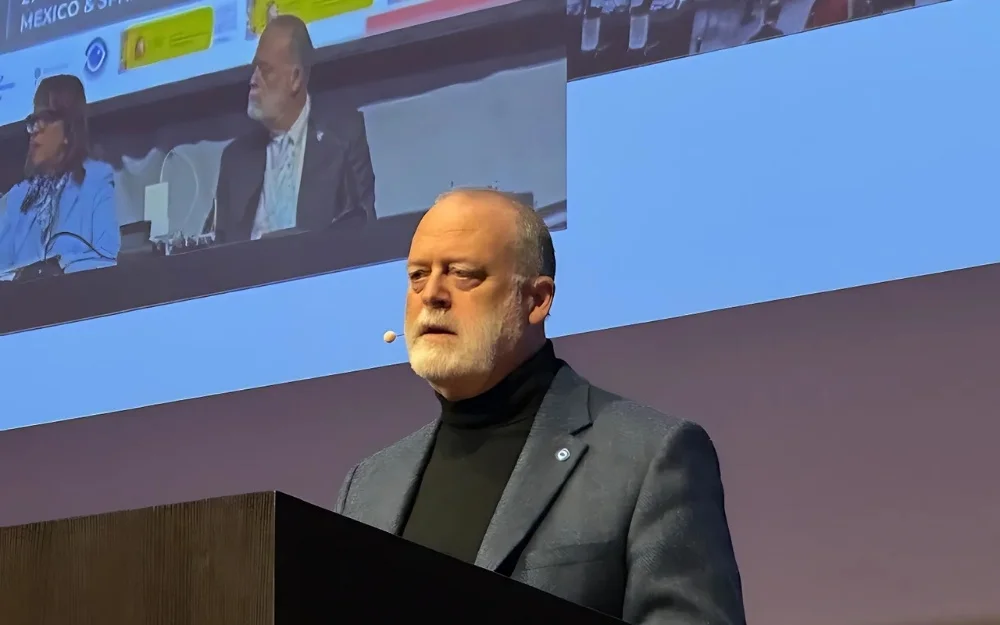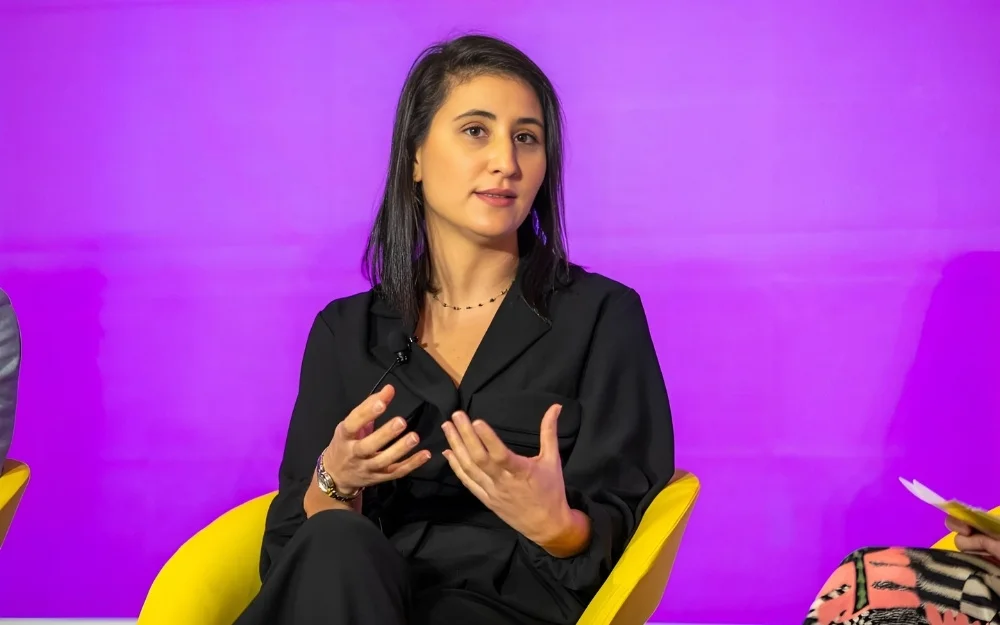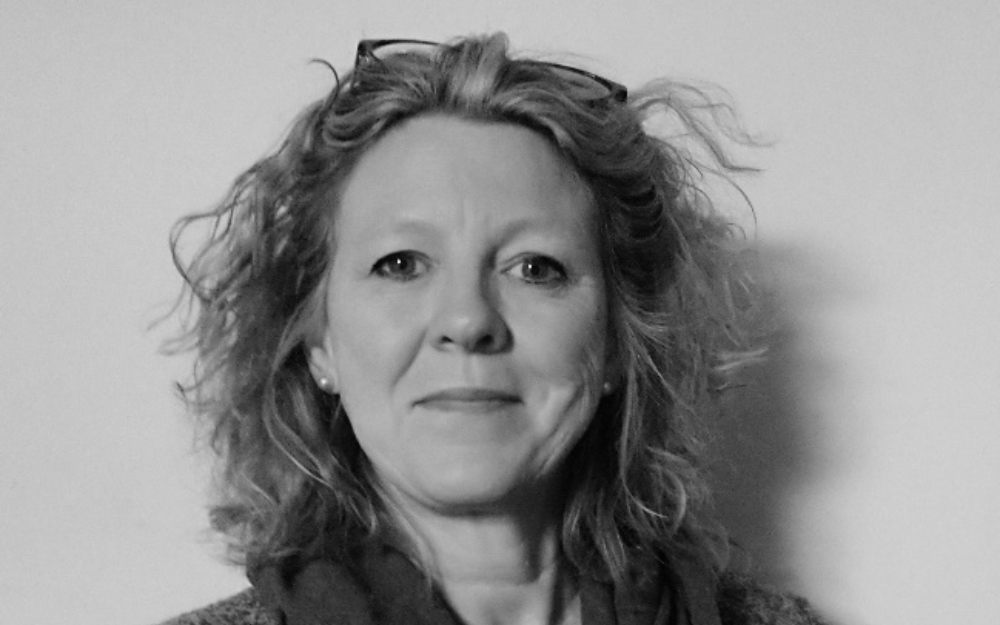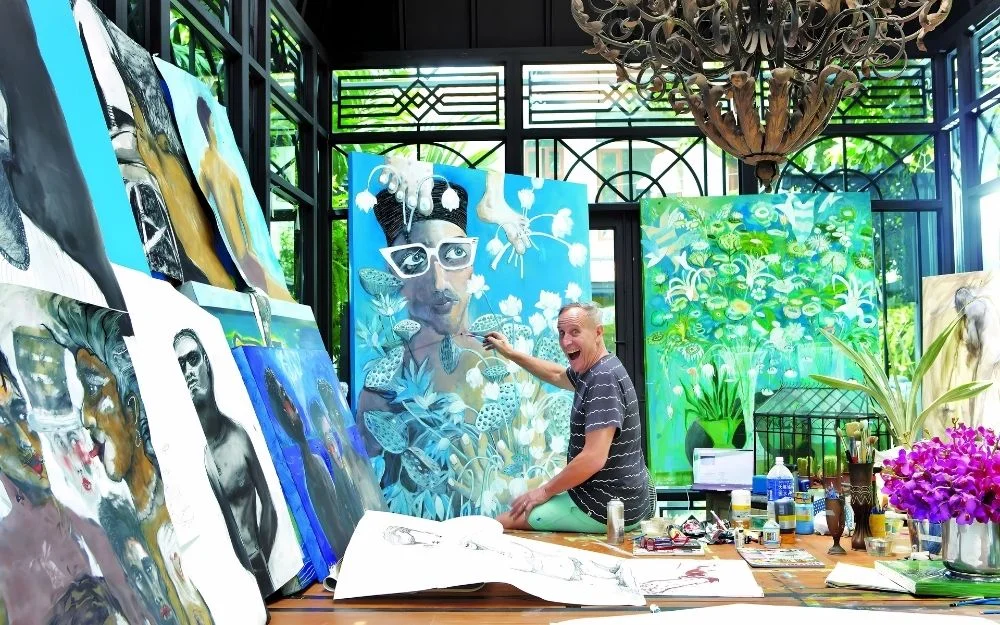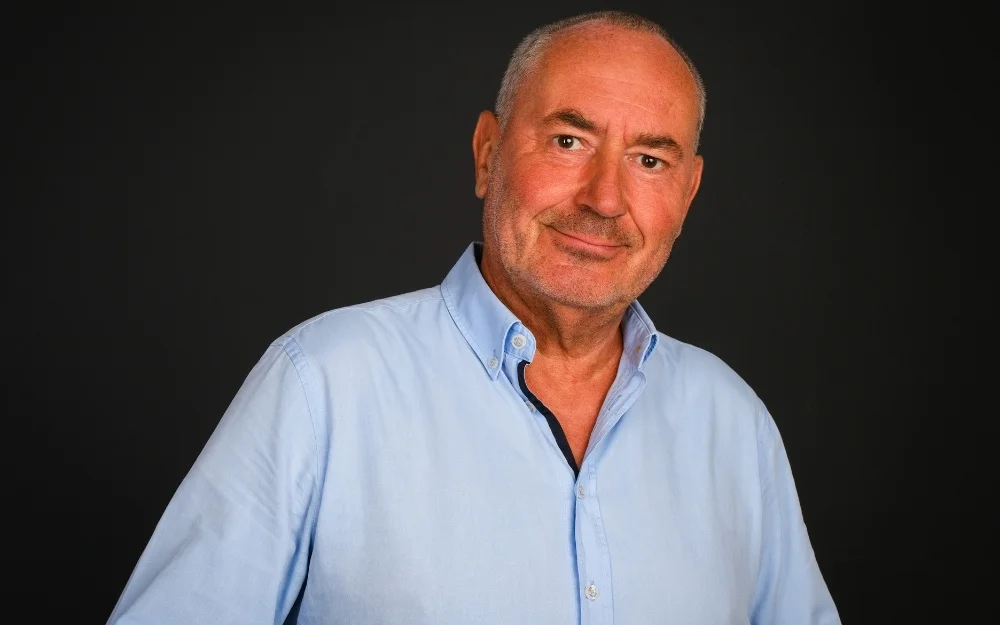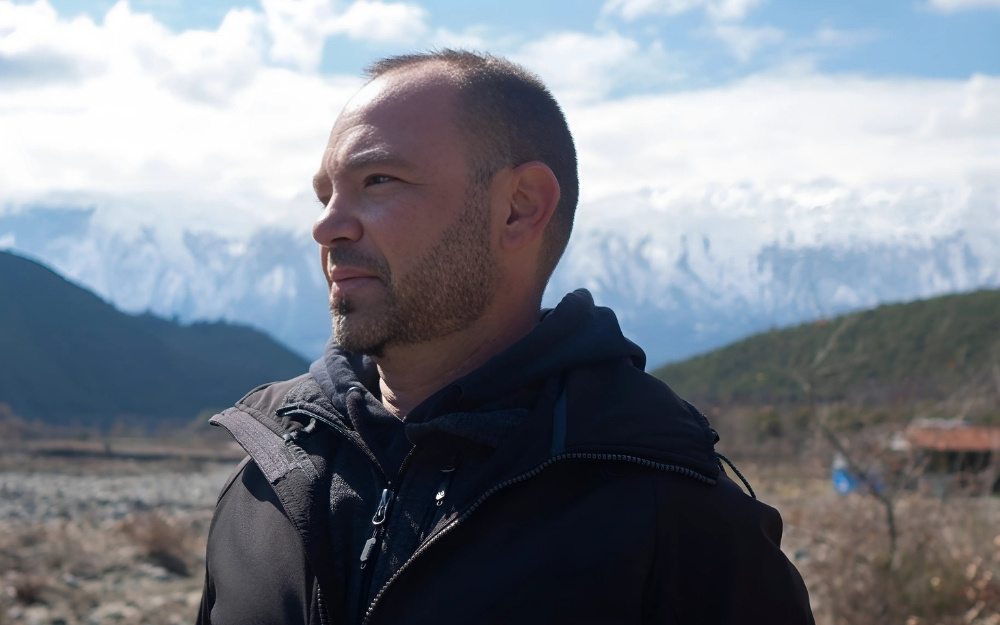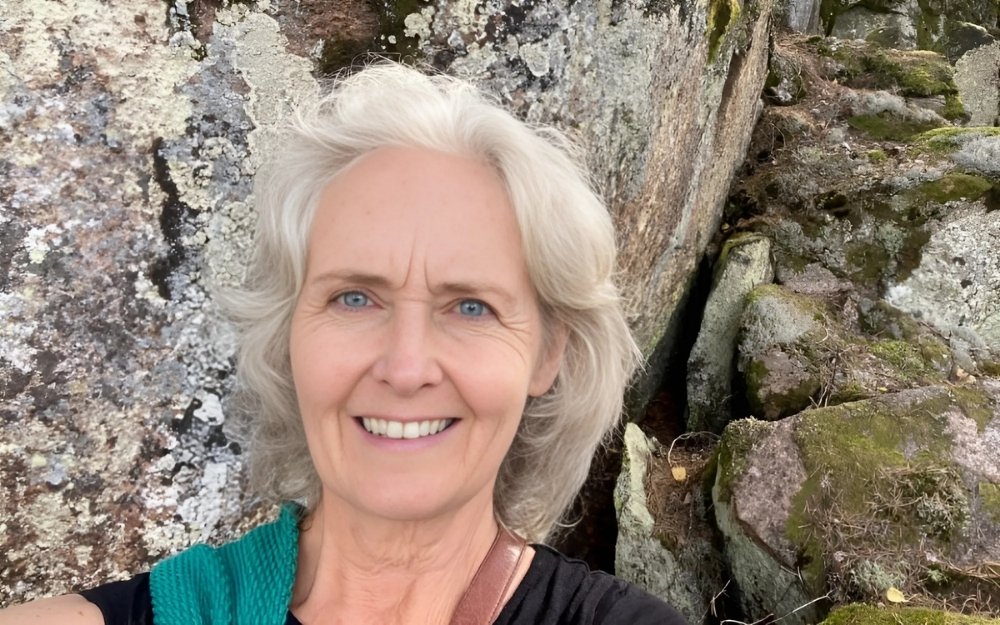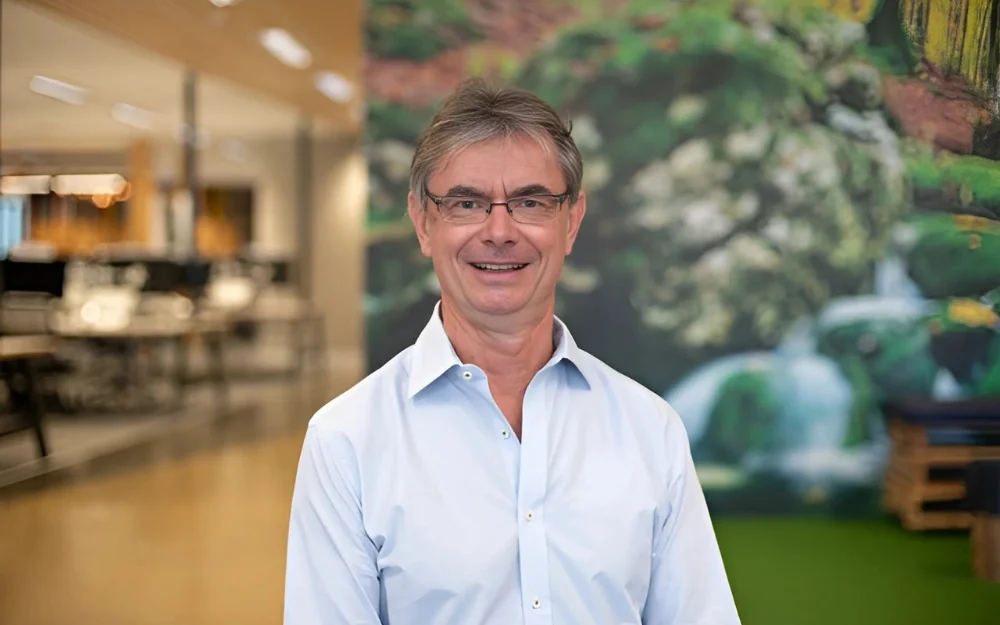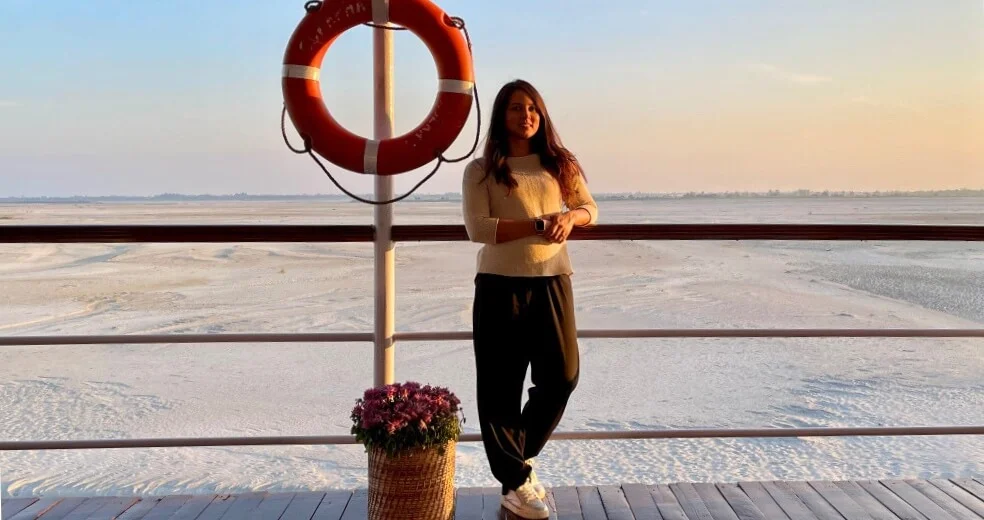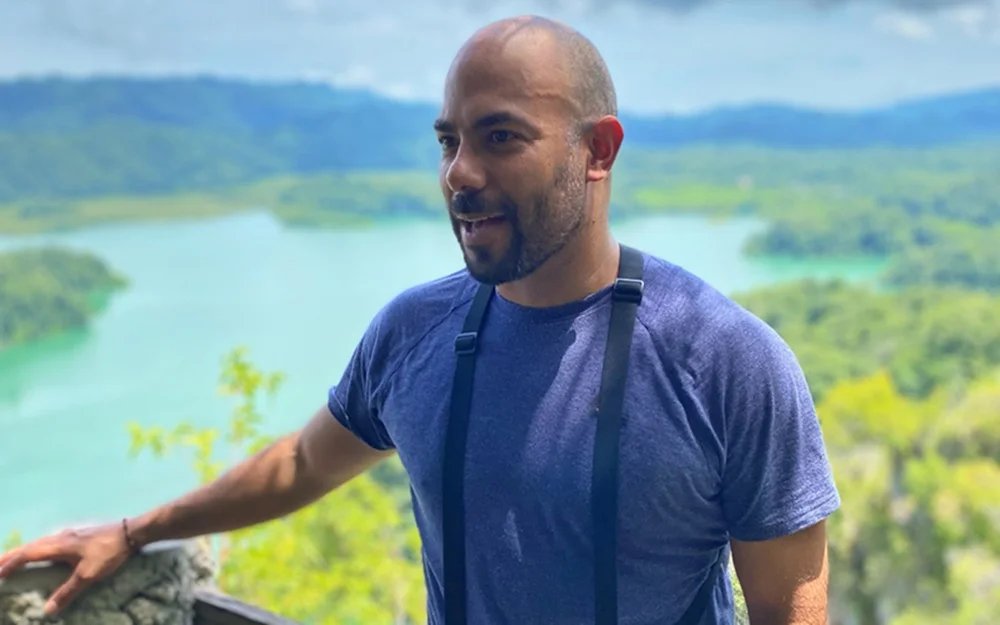
Natalia Bayona stands at the cutting edge of the tourism industry, championing innovation for a sector desperate for sustainability leadership. From her early days crafting promotional campaigns in Colombia, she progressed to lay the foundation for the United Nations World Tourism Organization (UNWTO)’s innovation department in 2018. Now, in her role as Executive Director, Natalia passionately aligns technological advancements and education with the UN Sustainable Development Goals (SDGs).
In our conversation, Natalia delves into her journey, spotlights transformative startups in the industry, and underscores the pivotal role of education in shaping a sustainable, inclusive future for tourism.
Natalia, you’ve been instrumental in supporting startups that resonate with the Sustainable Development Goals. How did your experiences lead to the inception of the UNWTO innovation department in 2018?
My professional journey took off in 2006. During that period, I was involved in crafting Colombia’s premier international tourism campaign: “Colombia, the only risk is wanting to stay”, which aimed at reshaping its global image. A few years on, I moved to Spain, taking up a pivotal role at South Summit, a key platform bridging investors and entrepreneurs in Southern Europe. However, 2018 marked a significant milestone when the UNWTO Secretary General, Zurab Pololikashvili, entrusted me with the responsibility to lead a new dimension in tourism, specifically, innovation.
Before my tenure at UNWTO, during a conversation with him, he was keen to understand my vision for transforming the sector. I expressed my ambition to establish a Department of Innovation with a focus on empowering budding entrepreneurs and startups, positioning tourism as a leading economic sector. Interestingly, he echoed the same thoughts. This shared passion for innovation became our collaborative force. Reflecting on the past five years, our efforts have successfully placed UNWTO on the UN innovation radar, an accomplishment we were honored for in 2020 and 2022.
Traditionally, the UN’s approach is anchored in reports and policy guidelines. Yet, with innovation as our cornerstone, we pioneered the tourism innovation framework. Currently, our network encompasses startups from over 150 countries. Within the organization, we collaborate with more than 50 accelerators globally, engage with over 100 universities on innovation topics, and have brought on board more than 1,000 private sector partners.
This has never been done before in the history of the organization.
As the global steward for tourism, how is UNWTO driving innovation in the sector, particularly during these challenging times?
Since 2018, UNWTO has initiated 15 Startup Competitions, 8 Innovation Challenges, and 27 Tourism Tech Adventures to spotlight talent and promote SMART solutions. The goal: to offer them a global platform and make resources more accessible for the expansion of their enterprises.
Currently, UNWTO is deeply committed to a strategy that champions innovation and digital transformation, preparing for, addressing, and navigating the emerging challenges and shifts in the tourism landscape.
Through these endeavors, we’ve identified over 18,000 startups and SMEs across 150 countries, focusing on varied areas like sustainable tourism, rural development, hospitality, island tourism, gastronomy, women’s empowerment, and the latest addition, event tourism. To bolster these efforts, we’ve undertaken numerous activities in more than 25 countries and produced three tourism innovation reports.
Additionally, the UNWTO Innovation Network has been established, boasting over 5,000 engaged participants from both the public and private sectors, spanning businesses, investors, academic institutions, and the media.
Furthermore, UNWTO collaborates with fellow United Nations Agencies to push the boundaries of global innovation. A case in point is our involvement with the ITU-T Focus Group on the metaverse (FG-MV). I have the honor of serving as Vice-Chairwoman, representing UNWTO. We are at the forefront of the task group dedicated to tourism, assessing the vast potential the metaverse, as a disruptive innovation, holds for our sector. Our aim is to cultivate a tourism metaverse that centers on the human experience and inclusivity.
What are some of the unique, innovative solutions that stood out from the startups you mentioned?
When we talk about innovation, we should note that tourism was one of the first sectors to use digital operations worldwide, leading the way with online bookings for hotels and flights. Now, the industry is using new technologies that are changing how people consume.
About the startups you asked about, there are many creative solutions that line up with the SDGs. Since we began our competitions, we’ve seen many innovative ideas that have really surprised us. In our UNWTO Awake Startup Challenge, we look at solutions that have a big social impact and support the UN Sustainable Development Goals (SDGs). The 15 winners of the latest competition took part in a special program last May at Spark and Les Roches Hospitality School in Switzerland. They learned about topics like market research and how to raise money. Plus, they got to share their ideas with investors and other important groups.
Some of these innovative winners include:
- Murmuration, a French company that uses Big Data, AI, and predictive monitoring tools to evaluate the environmental impact on tourist sites;
- NomadHer, a mobile app for women traveling alone, developed in South-Korea with female founders, and
- S4S Smart for Sustainability from Panama, which uses blockchain technology for its decentralized platform in which indigenous communities can manage and promote their cultural and artistic heritage.
But there are many more in other competitions and challenges. For instance SOS Carbon, the winner for Island Startup Competition, which is helping solve the sargassum problem, a plant putting at risk the Caribbean ecosystem. Or Source, one of the winners of the Sustainable Development Goals Global Startup Competition. They made a system that turns sunlight into clean water.
Between these and other competitions, there are many good examples of innovative ideas for tourism sustainability.
You’ve spearheaded the Tourism Online Academy, a significant stride in democratizing quality education in tourism. What drove this initiative and what do you envision as the future of education in tourism?
UNWTO prioritizes education as a tool to professionalize the tourism work force. This is crucial in a sector where not even half of the professionals have a secondary study degree, which is mandatory for accessing most education options. So there was a strong need to make industry specific knowledge accessible for everyone. The UNWTO Tourism Online Academy is one of the best opportunities to do that, apart from highlighting UNWTO’s commitment to education.
As of now, the Academy has served more than 22.000 students from 150 countries. It ensures quality education is accessible from everywhere and to anyone. For this purpose, we have partnered with top academic institutions around the world, such as IE Business School, Universidad de Externado de Colombia and Hong Kong Polytechnic.
The future of tourism will inevitably depend on education, which must be of high quality, accessible, and adapted to the needs of today’s students. If we want to change the sector, we need to diversify tourism curricula, of which 80% focus on hotels right now. We need to strengthen education in areas like decision-making and innovation, and to enable students to apply their knowledge in practice.
Why is investing in tourism education so critical right now?
Tourism today has a very important challenge, which is to help make the workforce more powerful and more professionalized. Half of the young people in the tourism sector only have high school education. Moreover, if we ask them for their desires, 50% of them want to be entrepreneurs at some point in their life. This underlines the importance of training.
But tourism is also one of the great poles of economic development for many countries, including France, the most touristic nation, or Spain where 12% of GDP comes from tourism.
And yet, despite this, young people do not necessarily have the education they need, nor are the curricula adequate to today’s challenges. That is why we have developed different strategies to make education part of the journey for those who want to be part of the tourism sector. We started work on introducing tourism in schools’ curricula, followed by the Tourism Online Academy, and partnering with the best universities to ensure quality education and access to it.
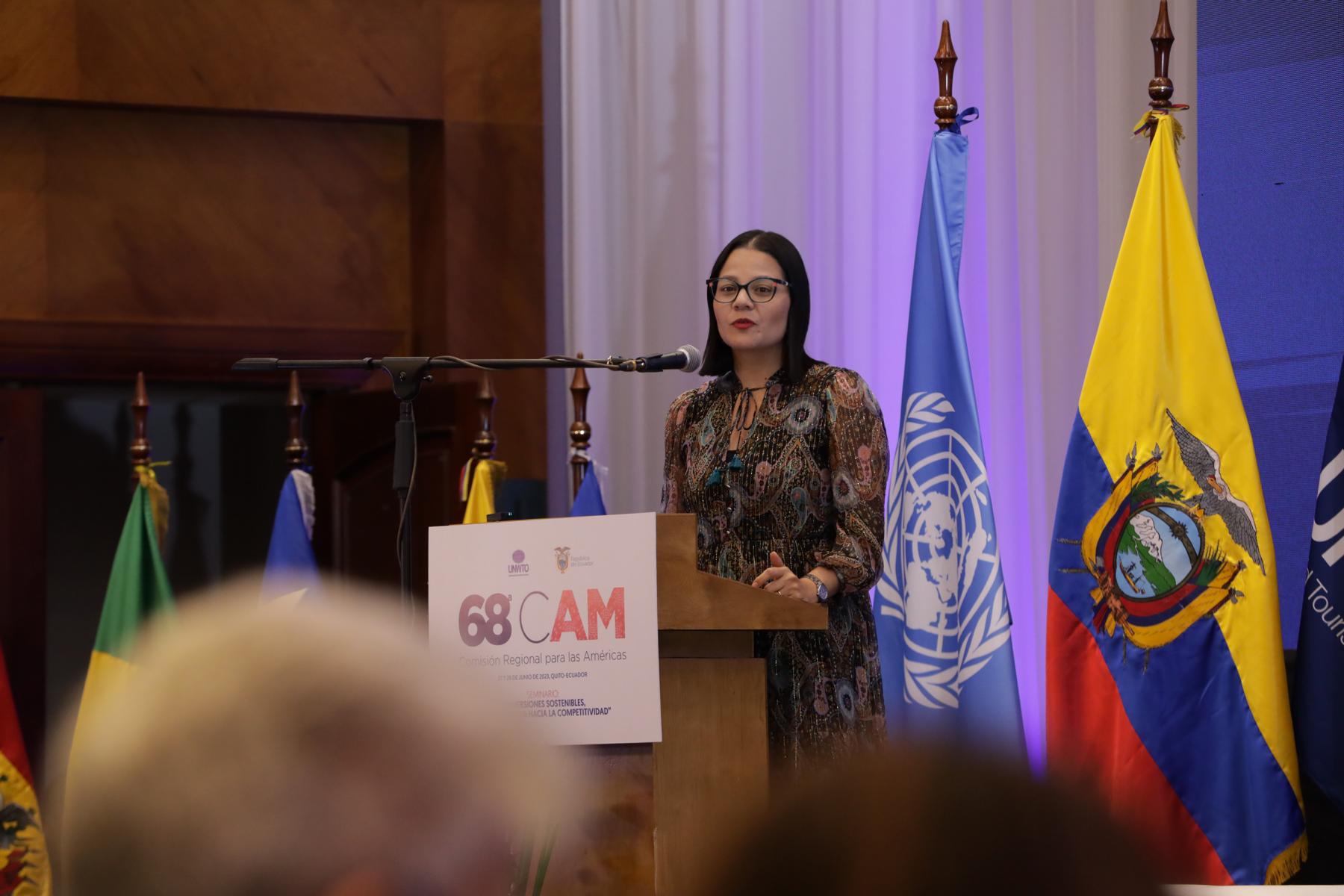
You recently launched the Bachelor in International Sustainable Tourism together with Lucerne University HSLU. How does this course cater to the changing demands of the tourism industry?
Launching the Bachelor of Science in International Sustainable Tourism is a clear consequence of our commitment to education, at UNWTO. It is the first time that the organization became directly involved in such an educational programme.
The first cohort will start in September 2024, and we believe that it represents a unique opportunity to learn along the lines of what the sector demands. In this degree students will acquire intercultural experience in different countries – Spain and Switzerland – while receiving a high-quality education from some of the best professionals in the sector. Students also have a remote semester and will go through an internship, guest lectures, and projects within an extensive tourist network. This is something that actually new generations are demanding.
Besides that, the course has a strong practical emphasis on innovation and sustainability, aligned to our mission of generating social impact for a sustainable and inclusive tourism sector that supports all societies, communities, backgrounds, and abilities.
As we look to the future, what significant challenges and opportunities do you see for the tourism industry, particularly regarding sustainability? What guidance can you offer to emerging tourism leaders?
A primary challenge is sustainable development, which extends well beyond just the environment. It’s about gauging the social impact of tourism not only in terms of job creation and investment but also in how it generates wealth for local communities, especially in areas not traditionally seen as tourist hubs. In this journey, start-ups and SMEs will have a pivotal role, helping to shape how tourism experiences should evolve. We’re here to mentor, support, and champion the best of these initiatives.
Another challenge centers on recognizing tourism as a state policy — a comprehensive priority. It’s not just about tourism-centric policies but also involves Finance, to enhance budgets, create tax breaks, and foster investment growth in the sector; and Education, to establish tourism as a significant topic in both secondary and higher learning.
My advice to upcoming tourism leaders is to understand Tourism for what it truly is: the most human-centric sector. Investing in people through education is imperative. Driving green investments to advance countries and aligning the sector with the SDGs is essential.
Lastly, fostering innovation to bolster entrepreneurship and enable them to realize their potential can set a robust foundation for the industry.
As you’ve taken on the role of Executive Director at UNWTO, how do you plan to merge your personal enthusiasm for innovation with the wider objectives of the organization in championing sustainable tourism?
I believe that the foundation of sustainable tourism lies in innovation and education.
Boosting innovation in the tourism sector isn’t just about adopting the latest technology; it’s about cultivating a mindset that continuously seeks out better ways to operate sustainably and benefit local communities.
Likewise, investing in education equips the next generation with the knowledge and skills to drive our industry forward in an eco-friendly and socially responsible manner. Both these elements go hand in hand with the Sustainable Development Goals (SDGs).
My personal passion for innovation aligns seamlessly with UNWTO’s broader objectives. It’s been a natural transition for me because I view innovation as a powerful tool to steer the tourism sector onto a more sustainable path, ensuring that our actions and strategies align with the SDGs.
Thank you, Natalia.

